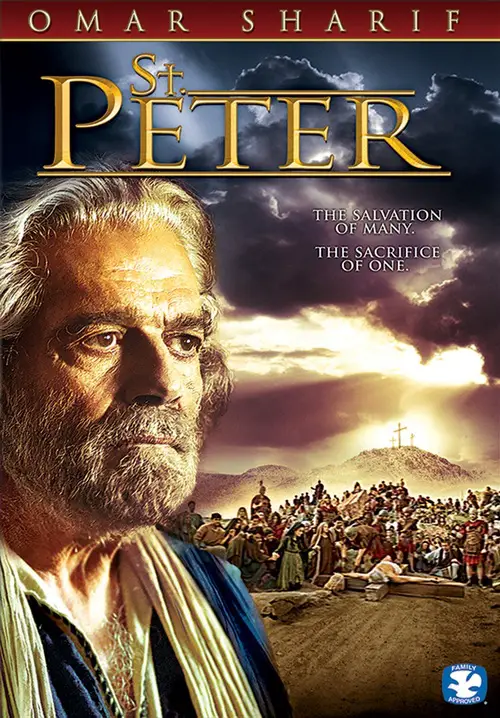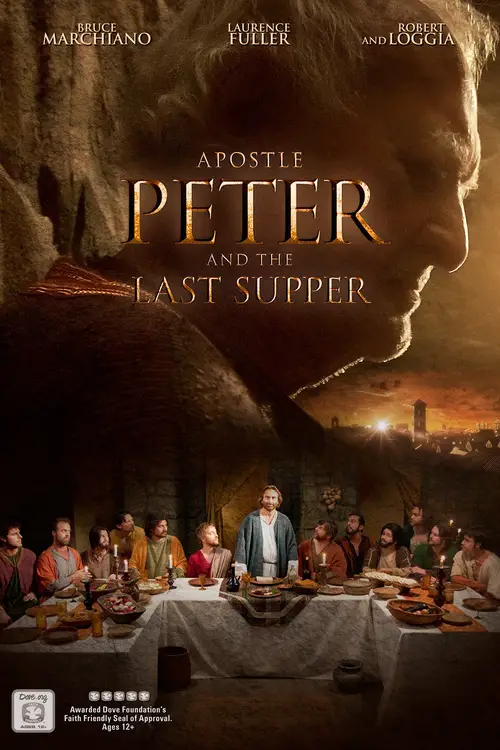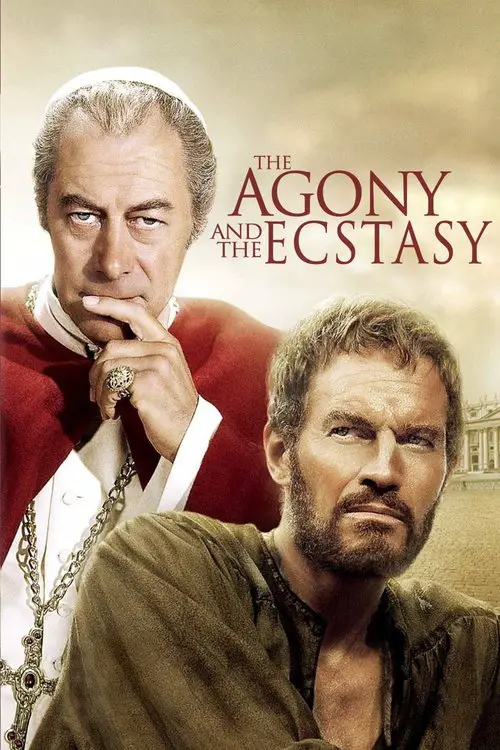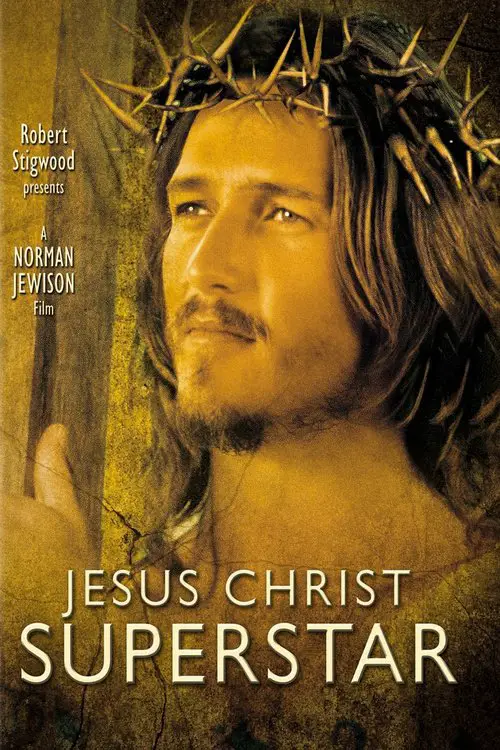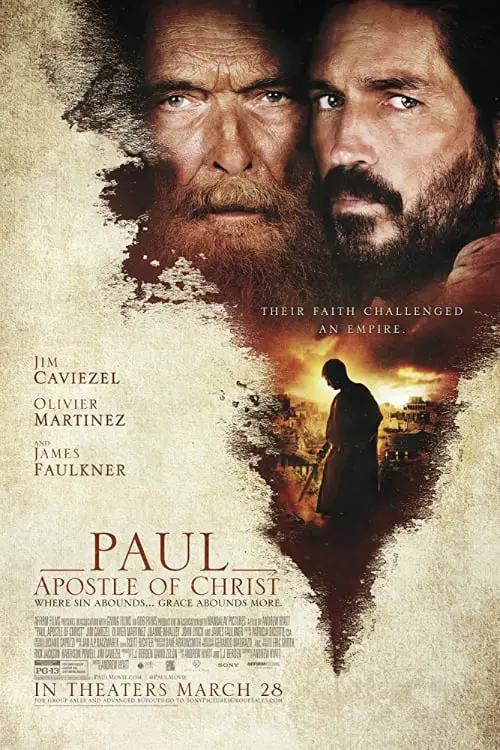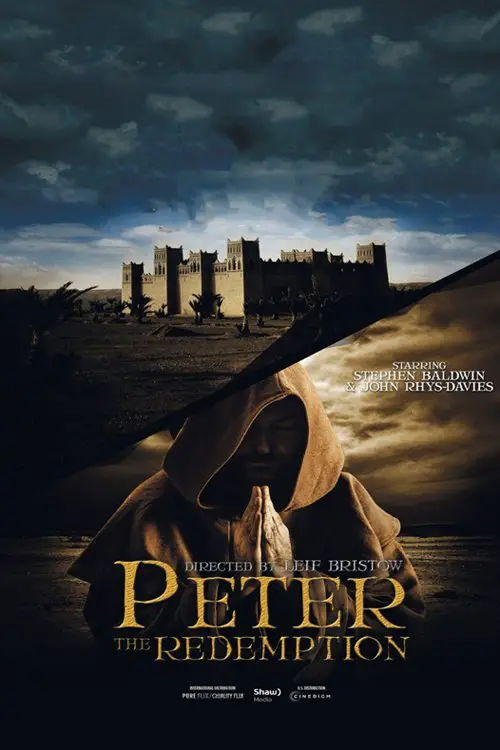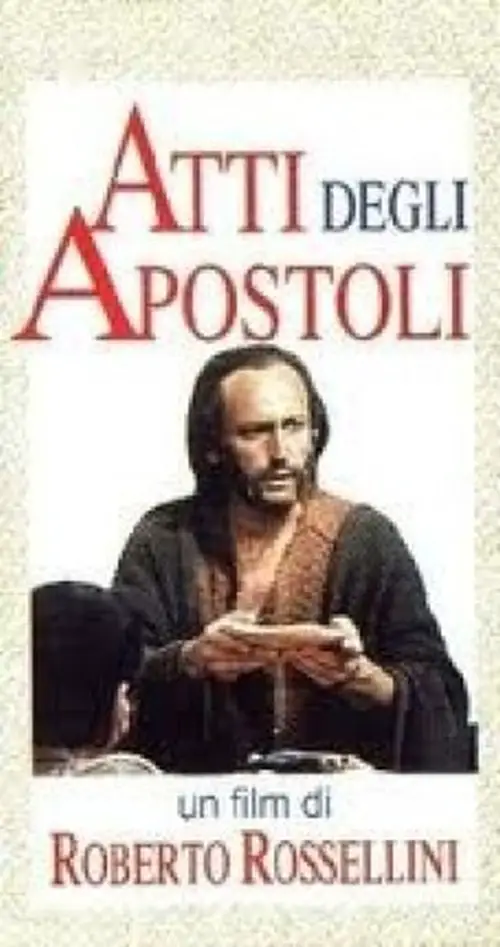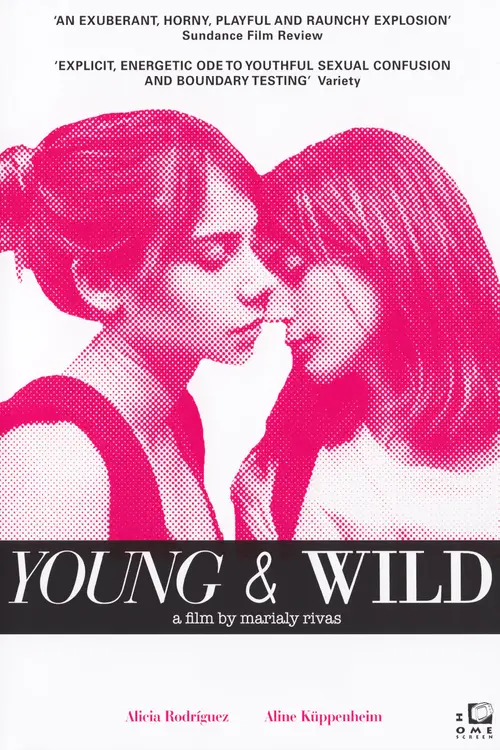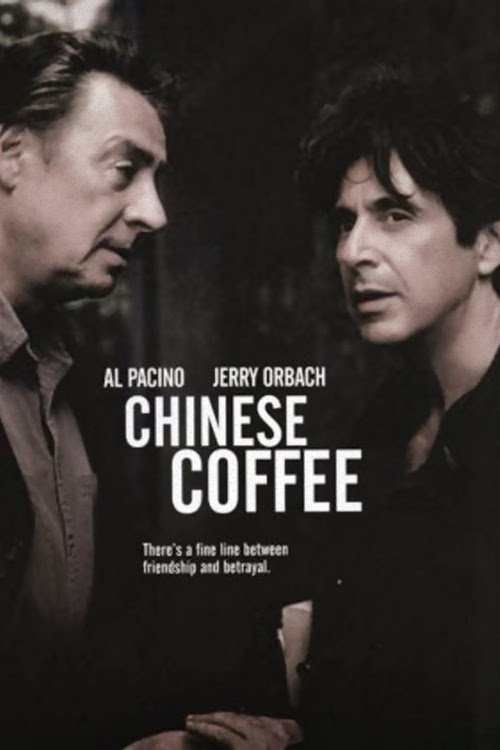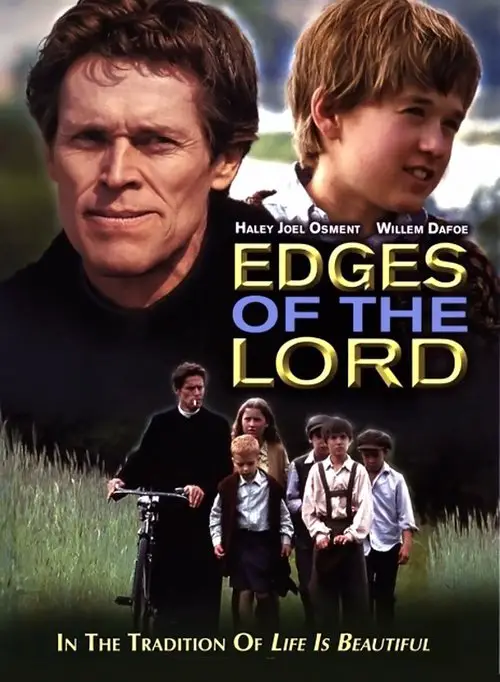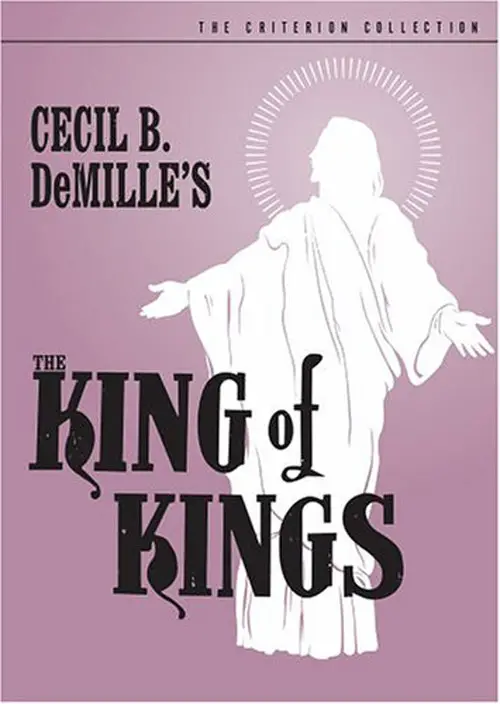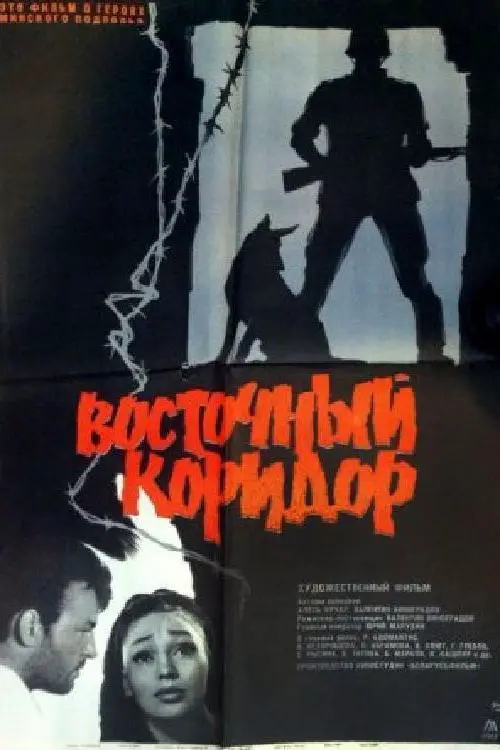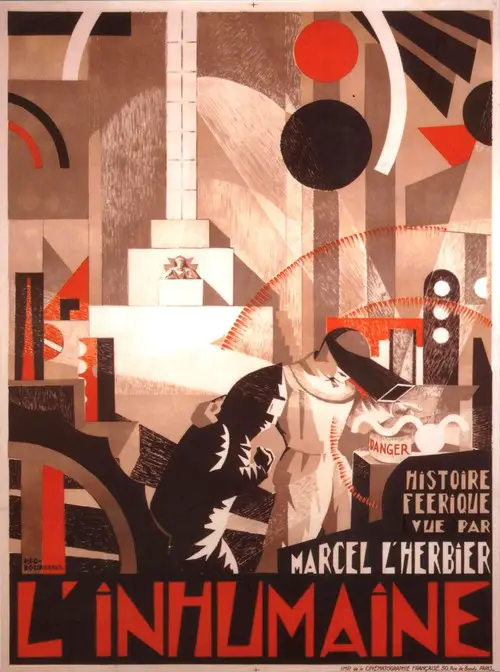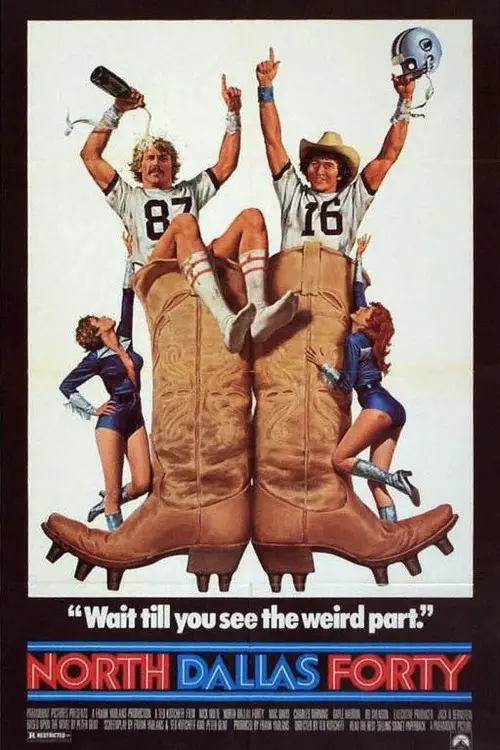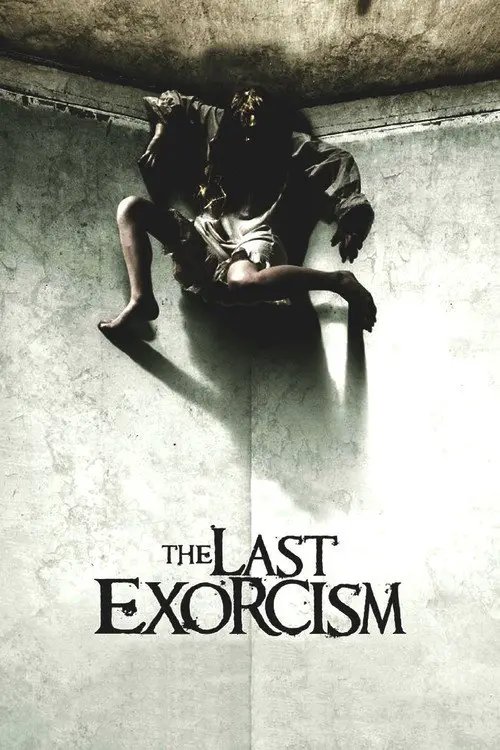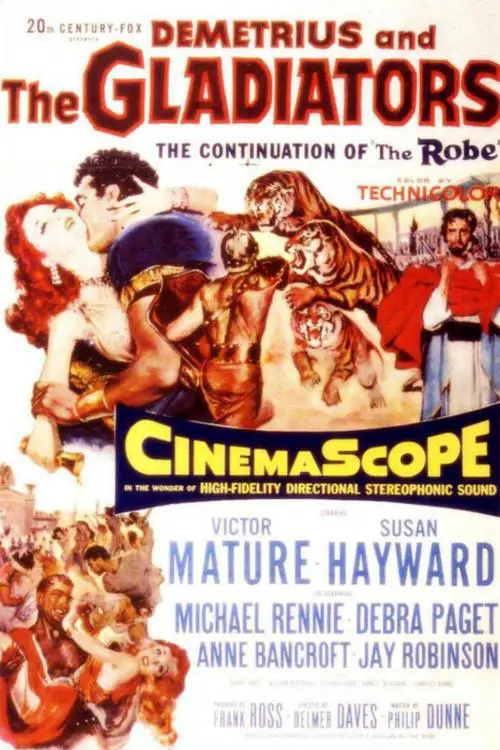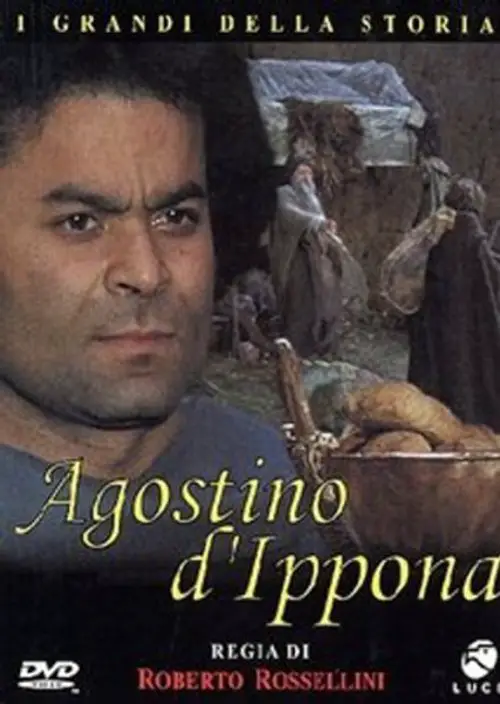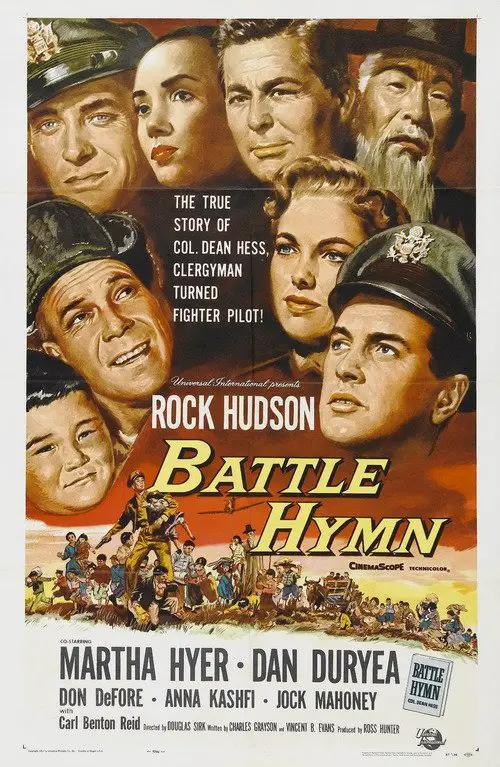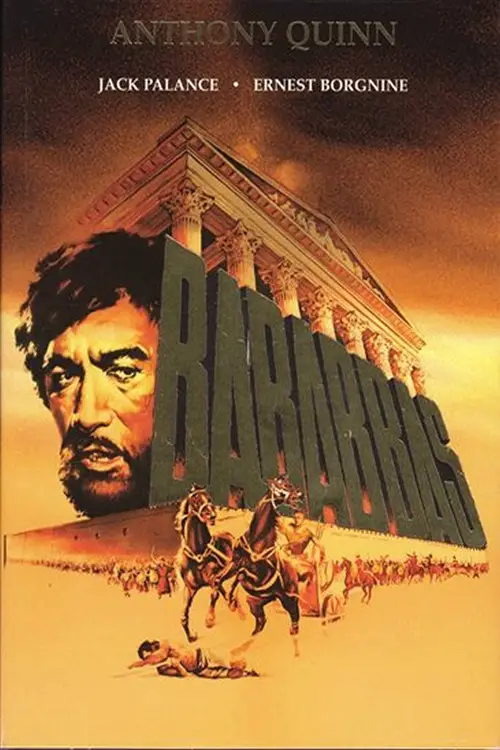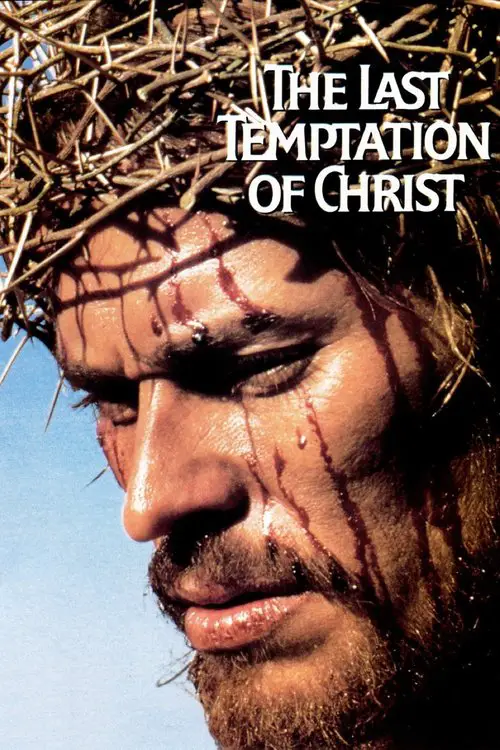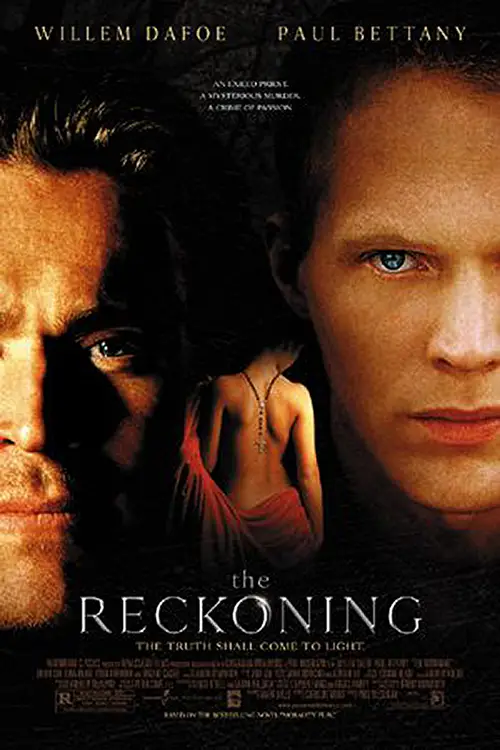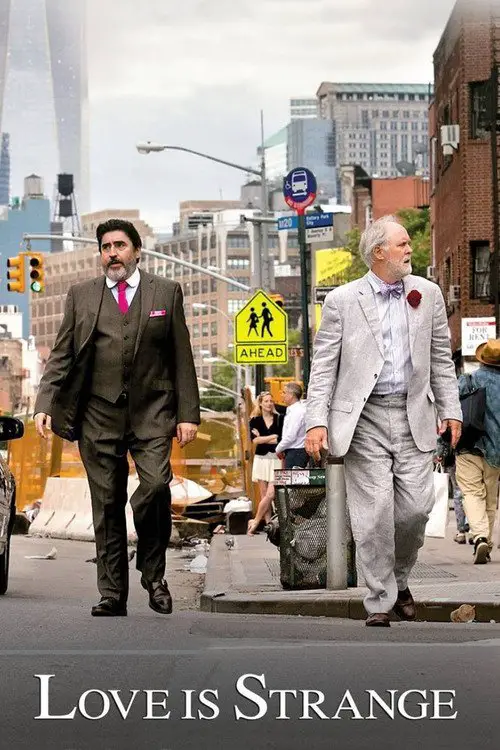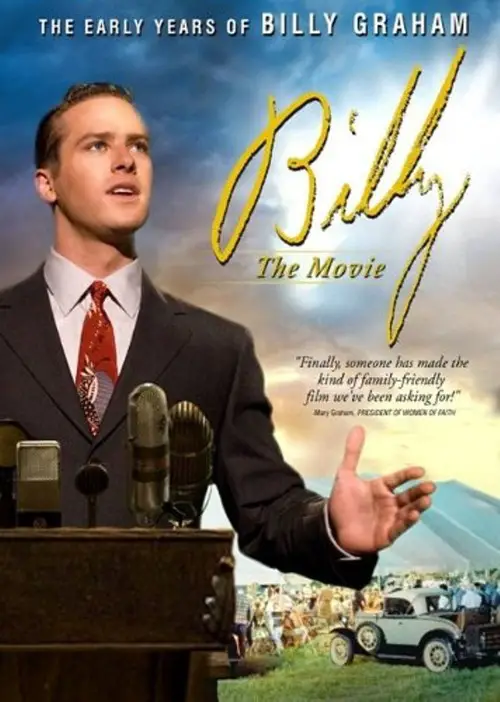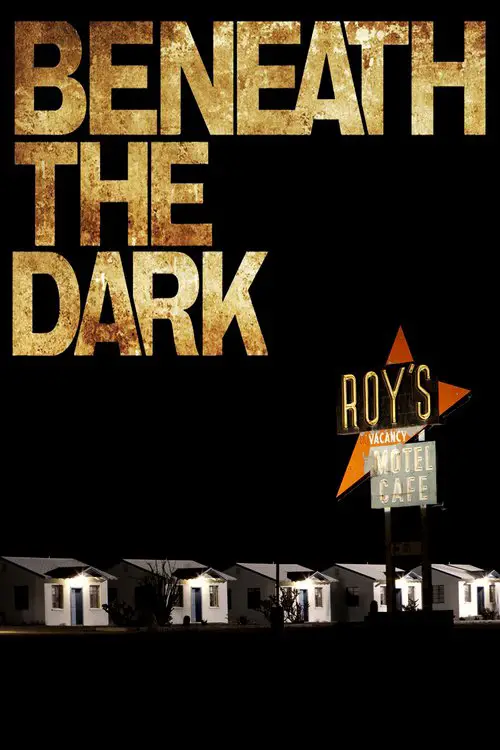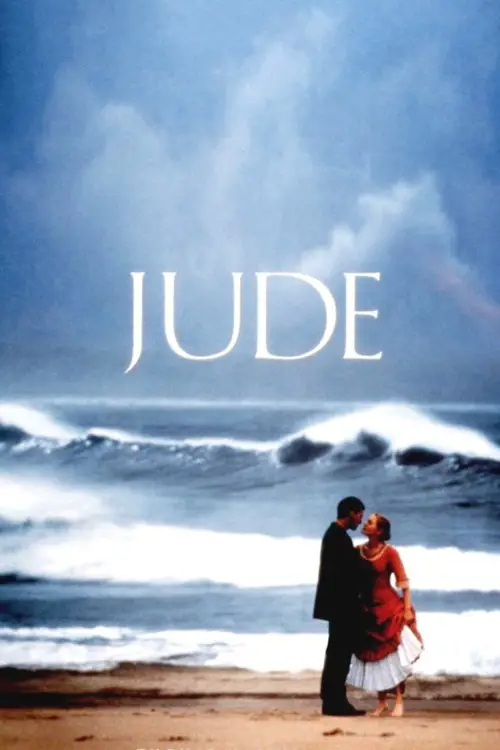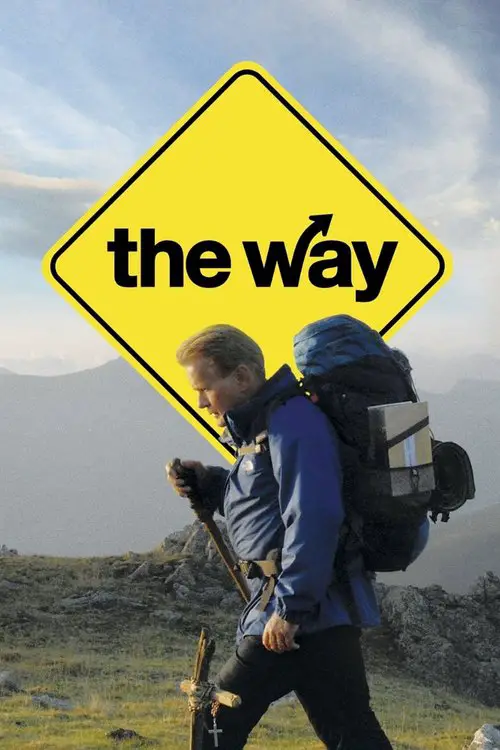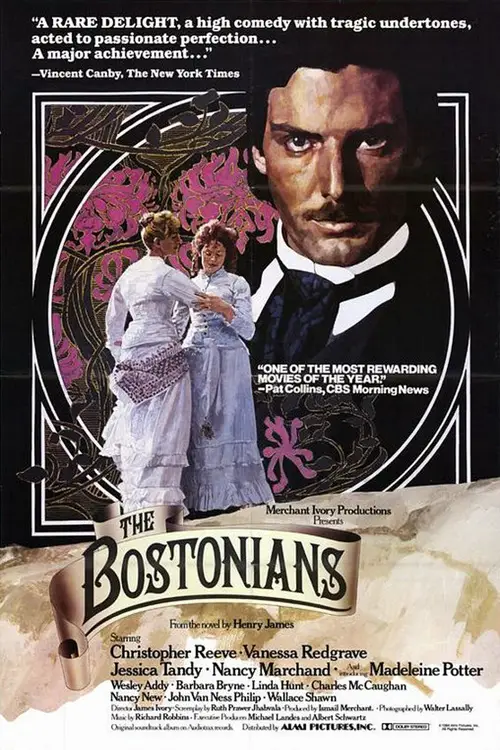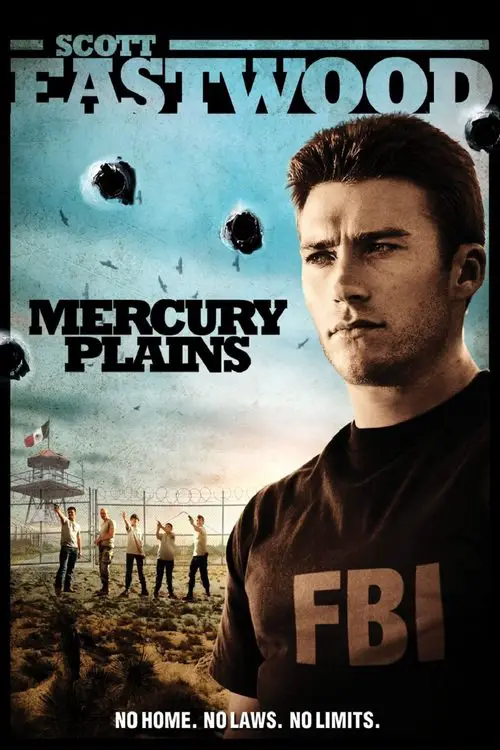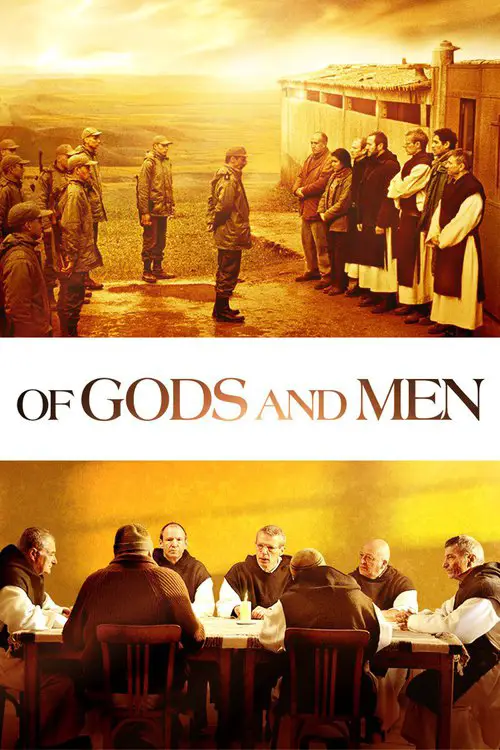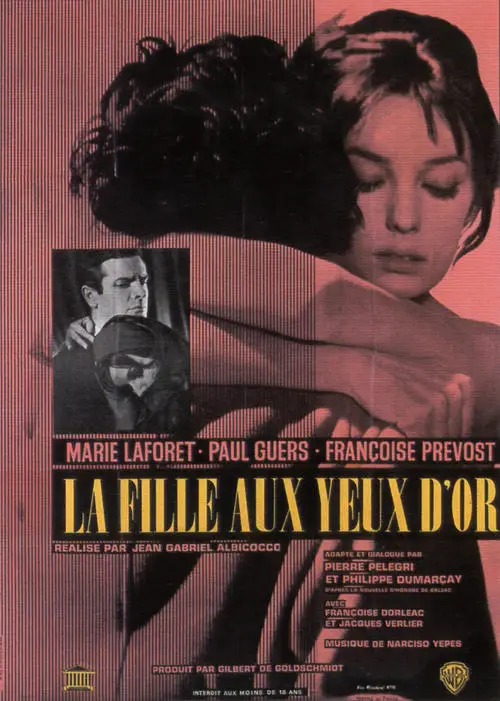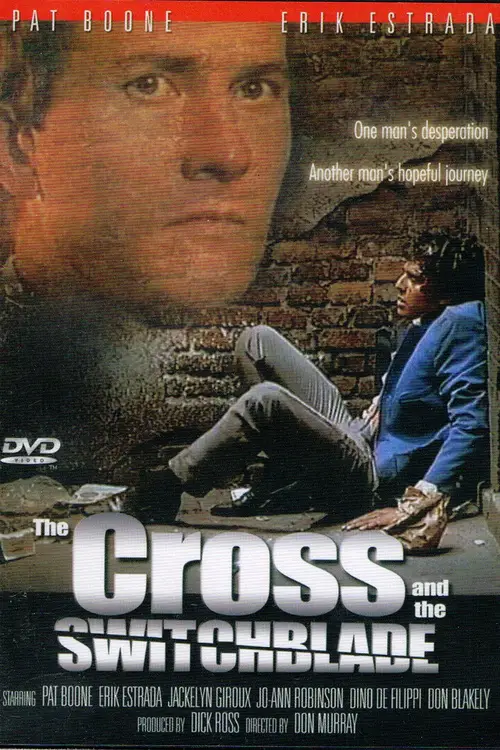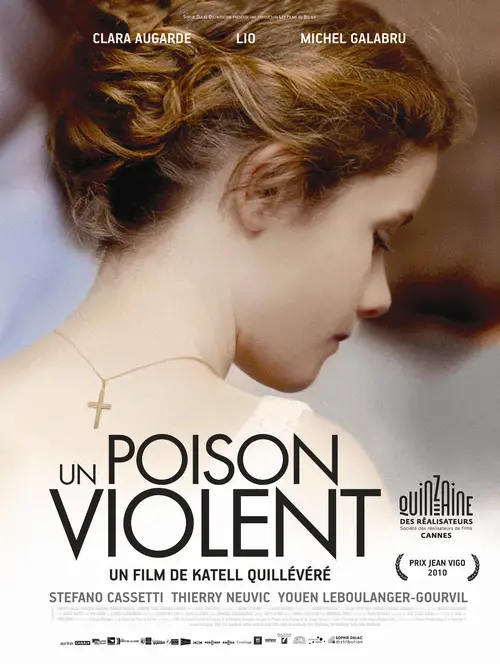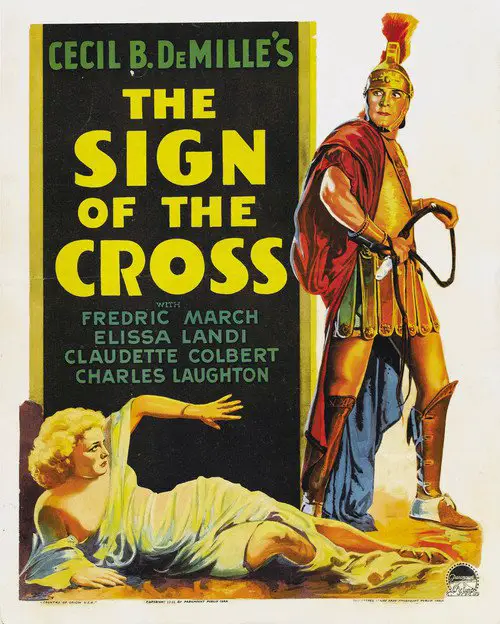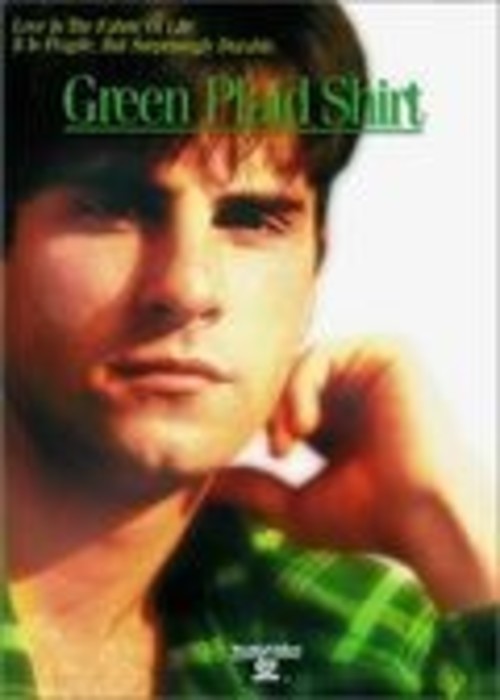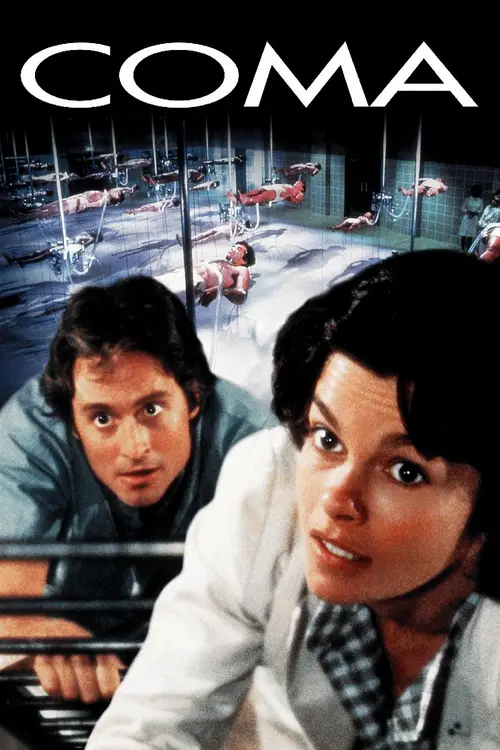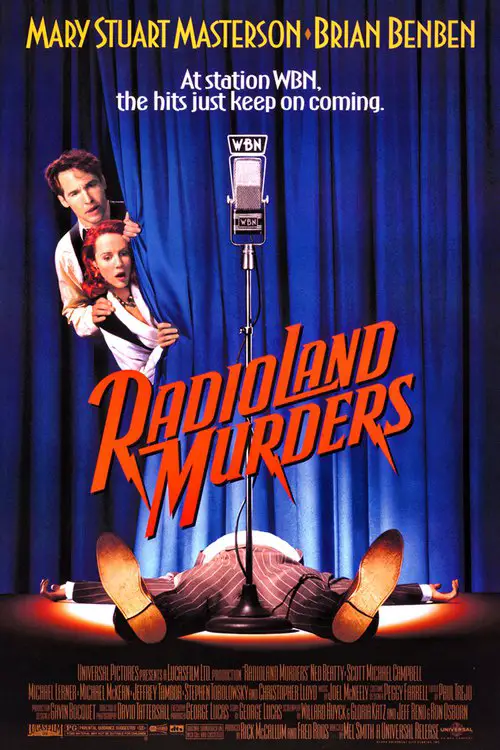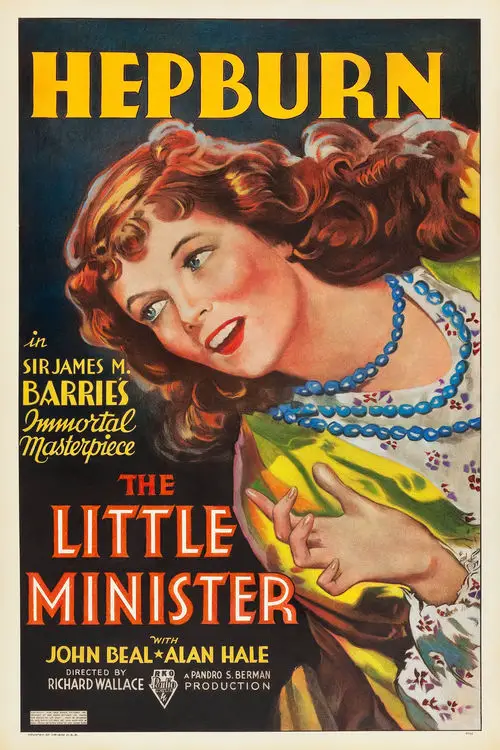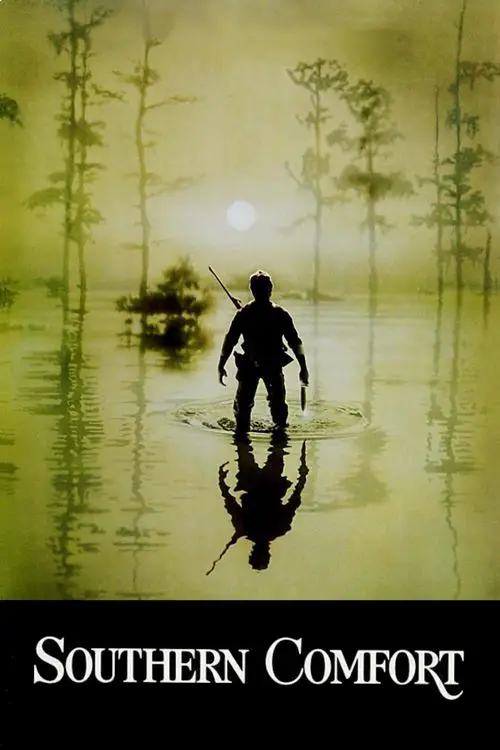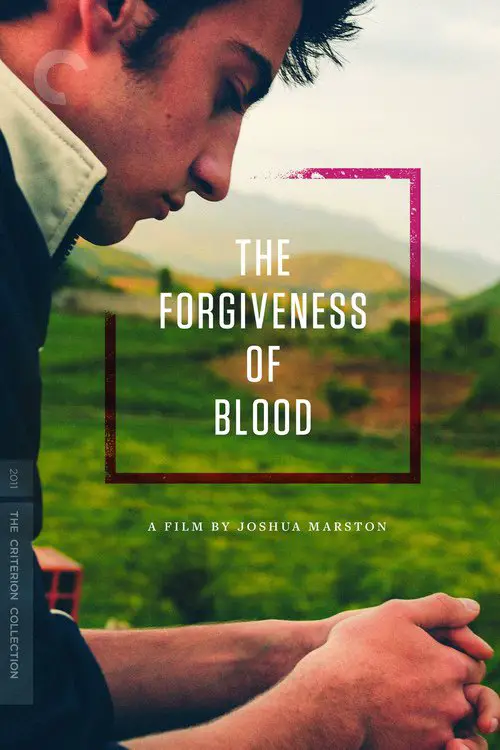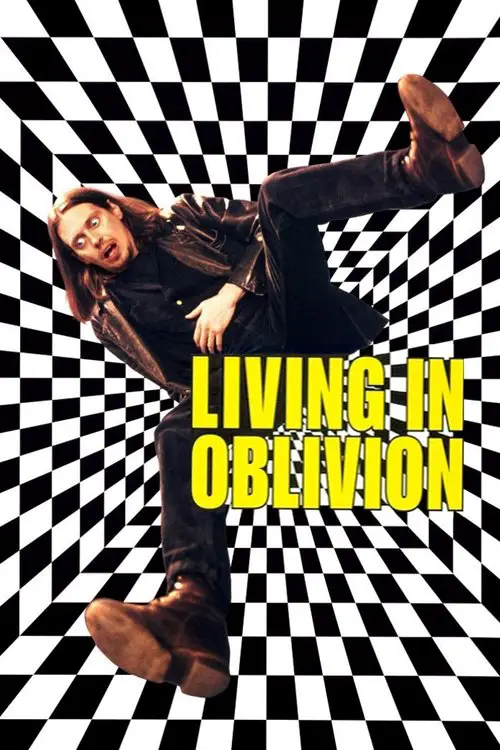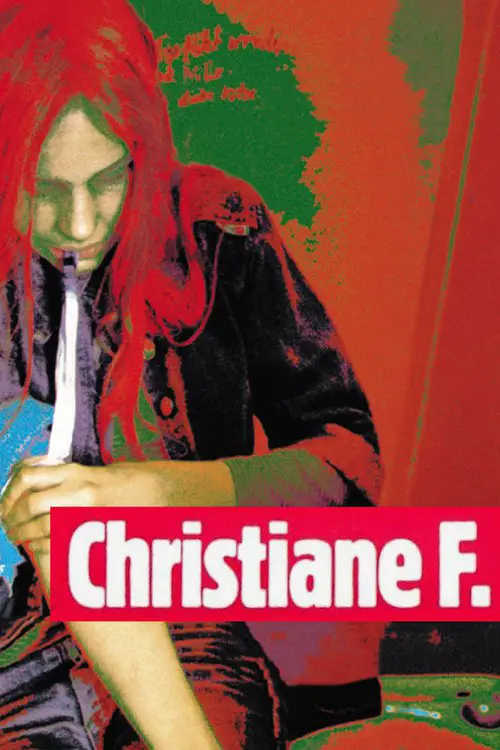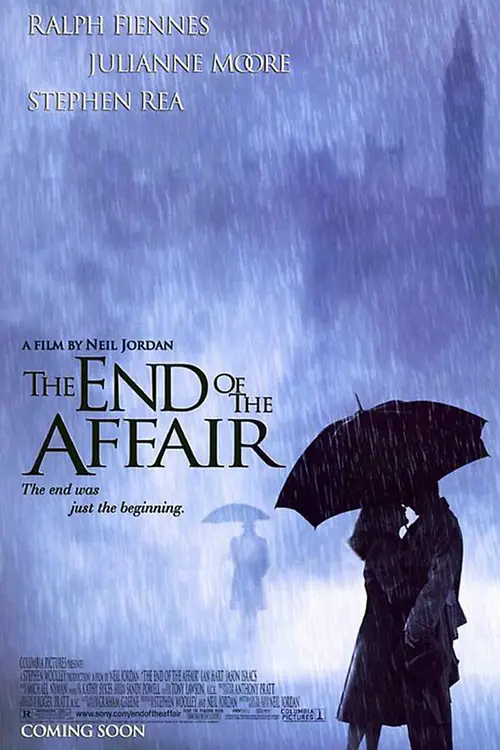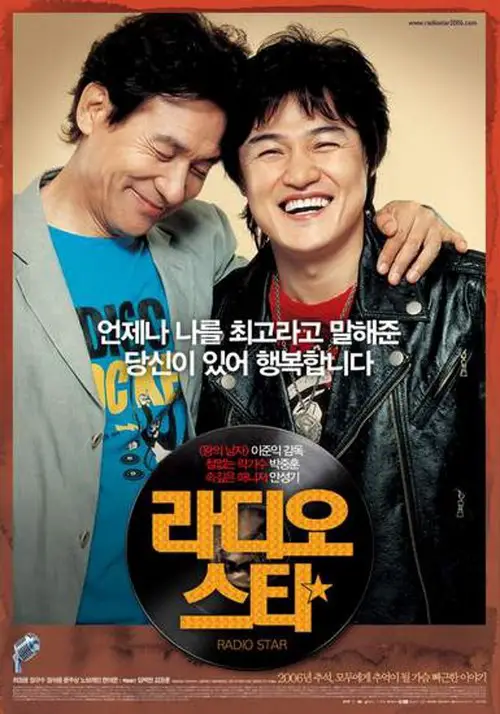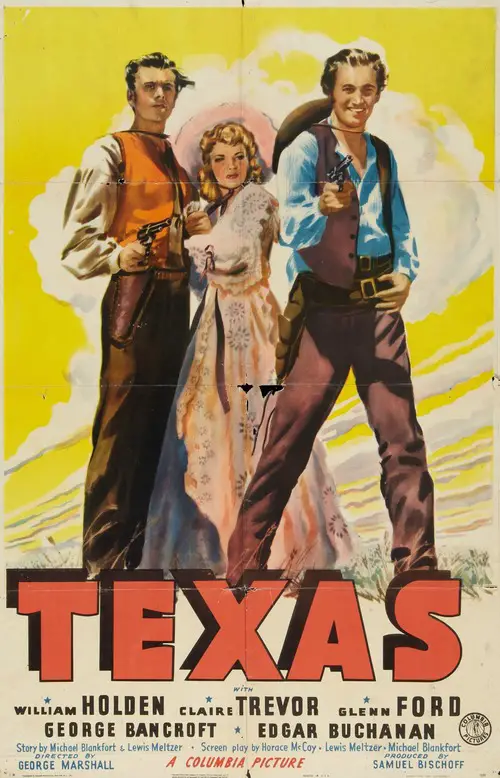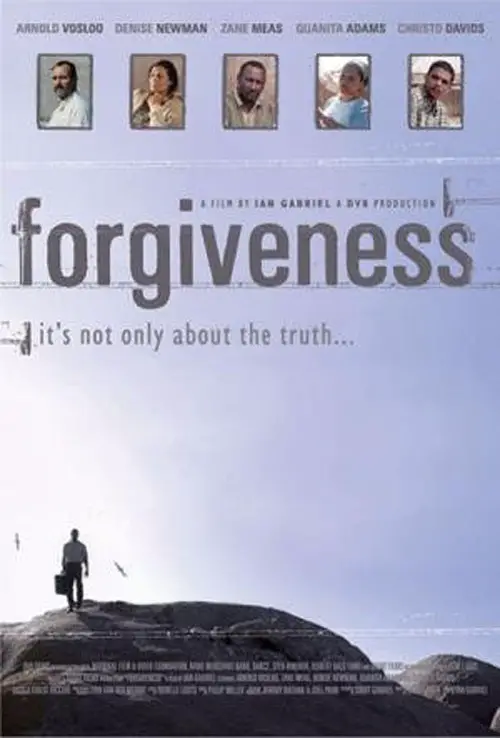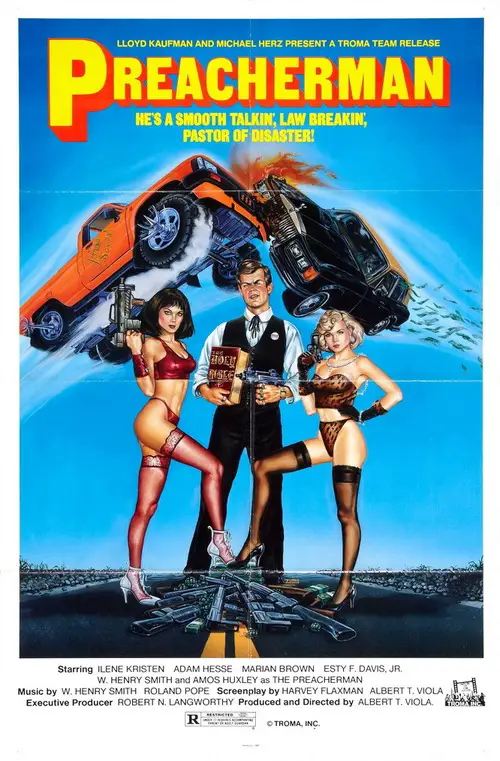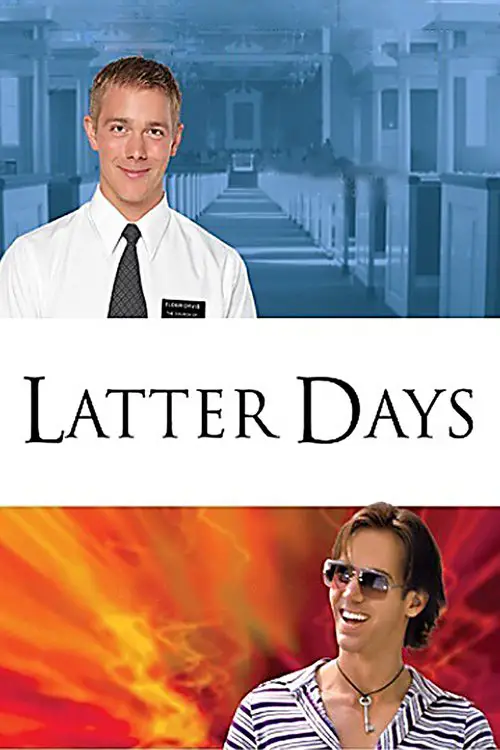The Apostle (1997)

Similar movies
In this true story in the tiny, rural town of Carthage, TX, assistant funeral director Bernie Tiede was one of the town's most beloved residents. Everyone loved and appreciated Bernie, and it came as no surprise when he befriended Marjorie Nugent, an affluent widow who was as well known for her sour attitude as her fortune. Until that day news came that Marjorie Nugent had been dead for some time, and Bernie Tiede was being charged with the murder.
Saint Peter, a reluctant but passionate leader, from the crucifixion of Jesus to his own. The film's first half dramatizes the New Testament's "Acts": early fear, the renewal of Pentecost, Saul's conversion, the decision to baptize pagans, and the Apostles' dispersal. In the second half, an aged Peter goes to Rome to join Paul, arriving on the day of Paul's arrest. Paul's death brings a crisis to Rome's Christians and to Peter; lessons from Jesus's teachings guide his decision to stay. Events within the fictive household of Persius, a Roman aristocrat, capture the upheaval that Christian teachings bring to the Eternal City.
Charlton Heston stars as Renaissance artist Michelangelo di Lodovico Buonarroti Simoni (6 March 1475 â 18 February 1564), who begrudgingly paints the Sistine Chapel for imperious Pope Julius II in this epic adaptation of Irvine Stone's novel directed by Carol Reed. While the novel covers Michelangelo's life from birth to death, the film focuses on the battle of wills between the perfectionist artist and the impatient Pope who commissions (and eventually commands) him to paint the famed chapel.
When Joshua moves to the outskirts of Auburn, he awakens the curiosity of the sleepy town. They donât know who he is or where he came from, but no one can shake the feeling theyâve known him for years. Despite his benevolence and selfless work in the community, some remain suspicious. Just what exactly is Joshua up to?
Risking his life, Luke ventures to Rome to visit Paul -- the apostle who's bound in chains and held captive in Nero's darkest and bleakest prison cell. Haunted by the shadows of his past misdeeds, Paul wonders if he's been forgotten as he awaits his grisly execution. Before Paul's death, Luke resolves to write another book that details the birth of what will come to be known as the church.
A justice drama based on a true story about a man on death row who in his last days forms a strong relationship with a nun who teaches him forgiveness and gives him spirituality as she accompanies him to his execution. Susan Sarandon won an Oscar for best female actress for her convincing portrayal of Sister Helen Prejean.
This dramatization from the New Testament originated as a 342-minute, five-part television mini-series; it was subsequently released in a shortened, 280-minute version. In part one, the Apostles call the pilgrims of Jerusalem to be baptized, and Peter (Jacques Dumur) and John (Mohamed Kouka) are arrested by the Sanhedrin but later set free. In part two, Stephen (Zignani Houcine) is stoned for disobeying Mosaic Law, Philip (Bepy Mannaiuolo) baptizes an Ethiopian eunuch, and Saul (Edoardo Torricella) is blinded by the Lord while journeying to Damascus. In part three, Peter baptizes a centurion and Saul, renamed Paul, makes his first mission journey from Antioch in Syria to Pisidian Antioch. In part four, Paul preaches the equality before God of both the circumcised and uncircumcised. In part five, Paul is arrested in Jerusalem and sent to stand trial in Rome.
When Harry Levine, an aging, unsuccessful Greenwich Village writer is fired from his job as restaurant doorman, he calls on friend and mentor Jake, ostensibly to collect a long-standing debt. Harry solicits his opinion on his latest manuscript, a work of semi-fiction based on their longtime friendship. Although he initially denies having read it, Jake later attacks it on aesthetic grounds, and deep-seated feelings of betrayal and jealousy surface and lead to a traumatic confrontation.
The King of Kings is the Greatest Story Ever Told as only Cecil B. DeMille could tell it. In 1927, working with one of the biggest budgets in Hollywood history, DeMille spun the life and Passion of Christ into a silent-era blockbuster. Featuring text drawn directly from the Bible, a cast of thousands, and the great showmanâs singular cinematic bag of tricks, The King of Kings is at once spectacular and deeply reverentâpart Gospel, part Technicolor epic.
A famous singer Claire Lescot, who lives on the outskirts of Paris, is courted by many men, including a maharajah, Djorah de Nopur, and a young Swedish scientist, Einar Norsen. At her lavish parties she enjoys their amorous attentions but she remains emotionally aloof and heartlessly taunts them. When she is told that Norsen has killed himself because of her, she shows no feelings. At her next concert she is booed by an audience outraged at her coldness. She visits the vault in which Norsen's body lies, and as she admits her feelings for him she discovers that he is alive; his death was feigned. Djorah is jealous of their new relationship and causes Claire to be bitten by a poisonous snake. Her body is brought to Norsen's laboratory, where he, by means of his scientific inventions, restores Claire to life.
After years of performing âexorcismsâ and taking believersâ money, Reverend Marcus travels to rural Louisiana with a film crew so he can dispel what he believes is the myth of demonic possession. The dynamic reverend is certain that this will be another routine âexorcismâ on a disturbed religious fanatic but instead comes upon the blood-soaked farm of the Sweetzer family and a true evil he would have never thought imaginable.
The first of what Luis Buñuel later proclaimed a trilogy (along with The Discreet Charm of the Bourgeoisie and The Phantom of Liberty) about âthe search for truth,â The Milky Way (La voie lactee) daringly deconstructs contemporary and traditional views on Catholicism with ribald, rambunctious surreality. Two French beggars, present-day pilgrims en route to Spainâs holy city of Santiago de Compostela, serve as Buñuelâs narrators for an anticlerical history of heresy, told with absurdity and filled with images that rank among Buñuelâs most memorable (stigmatic children, crucified nuns) and hilarious (Jesus considering a good shave). A diabolically entertaining look at the mysteries of fanaticism, The Milky Way remains a hotly debated work from cinemaâs greatest skeptic.
From the makers of "Ray" and acclaimed director Michael Apted, comes the inspiring story of how one man's passion and perseverance changed the world. Based on the true story of William Wilberforce, "Amazing Grace" follows his courageous quest to end the British slave trade. Along the way, Wilberforce meets intense opposition, but his minister, John Newton, urges him to see the cause through.
The story picks up at the point where "The Robe" ends, following the martyrdom of Diana and Marcellus. Christ's robe is conveyed to Peter for safe-keeping, but the emperor Caligula wants it back to benefit from its powers. Marcellus' former slave Demetrius seeks to prevent this, and catches the eye of Messalina, wife to Caligula's uncle Claudius. Messalina tempts Demetrius, he winds up fighting in the arena, and wavers in his faith.
Battle Hymn was inspired by the true story of American minister Dean Hess, played here with rare sensitivity by Rock Hudson. A bomber pilot during World War II, Hess inadvertently releases a bomb which destroys a German orphanage. Tortured by guilt, Hess relocates in Korea after the war to offer his services as a missionary. Combining the best elements of Christianity and Eastern spiritualism, Hess establishes a large home for orphans. The preacher's efforts are threatened when the Korean "police action" breaks out in 1950. Battle Hymn was one of several collaborations between Rock Hudson and director Douglas Sirk--though Sirk felt that Robert Stack would have been better suited to the role of Rev. Hess.
Epic account of the thief Barabbas, who was spared crucifixion when Pilate manipulated the crowd into pardoning him, rather than Jesus. Struggling with his spirituality, Barabbas goes through many ordeals leading him to the gladiatorial arena, where he tries to win his freedom and confront his inner demons, ultimately becoming a follower of the man who was crucified in his place.
Having lived through traumatizing events during WWII, Father Lankester Merrin takes a sabbatical from the Church to conduct archaeological excavations in British-administered East Africa. Merrin unearths an ancient Byzantine church believed have been built and then immediately buried to keep down evil from the crypt below. The natives are convinced that uncovering the church has unleashed a demon, and begin to violently clash with the British military troops. As the village rapidly disintegrates into chaos and war, a disabled and terribly injured local boy befriends Merrin and his condition begins to radically and implausibly improve. Is it a miracle from God, or something more sinister?
Jesus (Willem Dafoe), a humble Judean carpenter beginning to see that he is the son of God, is drawn into revolutionary action against the Roman occupiers by Judas (Harvey Keitel) -- despite his protestations that love, not violence, is the path to salvation. The burden of being the savior of mankind torments Jesus throughout his life, leading him to doubt. As he is put to death on the cross, Jesus is tempted by visions of an ordinary life married to Mary Magdalene (Barbara Hershey).
In 14th Century England, this tale of murder and mystery follows a fugitive priest who falls in with a troupe of actors. As they Arrive in a small town, the actors encounter a woman bing sentenced to death for practicing witchcraft and murder. Discarding the expected bible stories, the actors stage a performance based on the crime. Through the performance of the play, they discover a mystery.
Most of us know Billy Graham as the self-assured and charismatic preacher who became one of the most important figures of 20th Century Christianity. Now, with the release of Billy: The Early Years, we meet Billy as the earnest and promising young man at the crossroads of faith and doubt, ultimately facing the moment of decision that launched one of historyâs most powerful evangelistic careers.
Driving to a wedding in Los Angeles through the Mojave Desert, Paul and Adrienne pull off the highway and into Roy's Motel and Cafe. This roadside artifact proves to be a strange and surreal place with an unsettling mix of travelers, who force our couple to discover the secret hidden between them and ultimately, the horrifying reality of their current situation.
In late 19th-century England, Jude aspires to be an academic, but is hobbled by his blue-collar background. Instead, he works as a stonemason and is trapped in an unloving marriage to a farmer's daughter named Arabella. But when his wife leaves him, Jude sees an opportunity to improve himself. He moves to the city and begins an affair with his married cousin, Sue, courting tragedy every step of the way.
When his son dies while hiking the famed Camino de Santiago pilgrimage route in the Pyrenees, Tom flies to France to claim the remains. Looking for insights into his estranged childâs life, he decides to complete the 500-mile mountain trek to Spain. Tom soon joins up with other travelers and realizes theyâre all searching for something.
Based on Henry James's novel of the same name. This bittersweet tragicomedy centers on an odd triangle of characters: Basil Ransom, a political conservative from Mississippi; Olive Chancellor, Ransom's cousin and a Boston feminist; and Verena Tarrant, a pretty, young protégée of Olive's in the feminist movement. The storyline concerns the struggle between Ransom and Olive for Verena's allegiance and affection, though the film also includes a wide panorama of political activists, newspaper people, and quirky eccentrics.
French drama based on the 1996 kidnapping and killing of seven monks in Algeria. A group of Trappist monks reside in the monastery of Tibhirine in Algeria, where they live in harmony with the largely muslim population. When a bloody conflict between Algeria's army and Muslim Jihadi insurgents disrupts the peace, they are forced to consider fleeing the monastery and deserting the villagers they have ministered to. In the face of deadly violence the monks wrestle with their faith and their convictions, eventually deciding to stay and help their neighbours keep the army and the insurgents at bay.
Anna, a young teenager, comes home from her Catholic boarding school for the holidays and discovers her father has left. Her mother is devastated and confined in the company of the local priest, who is also a childhood friend. Anna clings to her beloved grandfather. She also grows close to Pierre, a free-spirited teenager who cares little about God. Anna is preparing for her confirmation, but her budding desire for Pierre shakes her faith. She longs to give herself over, body and soul... but doesn't know if it is to God, or something else?
After burning Rome, Emperor Nero decides to blame the Christians, and issues the edict that they are all to be caught and sent to the arena. Two old Christians are caught, and about to be hauled off, when Marcus, the highest military official in Rome, comes upon them. When he sees their stepdaughter Mercia, he instantly falls in love with her and frees them. Marcus pursues Mercia, which gets him into trouble with Emperor (for being easy on Christians) and with the Empress, who loves him and is jealous.
A young woman doctor discovers something sinister going on in her hospital. Relatively healthy patients are having 'complications' during simple operations and ending up in comas. The patients are then shipped off to an institute that looks after them. The young doctor suspects there is more to this than meets the eye.
In 1939, WBN, a fourth radio network, is about to take to America's airwaves. As if the confusion of the premiere night wasn't enough, Penny Henderson, the owner's secretary, must deal with an unhappy sponsor, an overbearing boss and a soon-to-be ex-husband who desperately wants her back. As the broadcast begins, a mysterious voice breaks the broadcast and suddenly members of the cast turn up dead. It's up to her husband Roger, to find out whodunit as the police chase him through the halls of WBN.
In rural 1840's Scotland, Gavin Dishart arrives to become the new "little minister" of Thrums's Auld Licht church. He meets a mysterious young gypsy girl in the dens and to his horror Babbie draws him into her escape from the soldiers after she incites a Luddite riot. But unknown to Gavin, Babbie is more than she seems. And they must overcome her secret, the villagers' fears of her, and worst of all, Gavin's devotion to his mother's sensibilities, before they can openly declare their love.
The film was originally submitted as the Albanian entry for the Best Foreign Language Film, but it was rejected due to protest of Bujar Alimani, the director of Amnesty, that The Forgiveness of Blood shouldn't be eligible due to American artists' input on the project. AMPAS disqualified it and Albania submitted instead Alimani's film. The film deals with the issue of an Albanian family feud.
This movie portrays the drug scene in Berlin in the 70s, following tape recordings of Christiane F. 14 years old Christiane lives with her mother and little sister in a typical multi-storey apartment building in Berlin. She's fascinated by the 'Sound', a new disco with most modern equipment. Although she's legally too young, she asks a friend to take her. There she meets Detlef, who's in a clique where everybody's on drugs. Step by step she gets drawn deeper into the scene.
The year 1988 saw a bunch of flashes in the pan in the pop music industry, and has-been rock star CHOI Gon was one of them. After his only hit song 'The Rain and You', he became involved in drug problems, mob fights, and now sings in a café in the countryside. He one day gets into a fight with one of the customers at the café, and needs bail money to get released from a lockup. Desperately trying to free him, his manager PARK Min-soo comes up with the solution to send CHOI Gon to a radio station in a far, remote town in the suburbs as a DJ, so that the radio station can pay for the bail. Helpless and bewildered, CHOI Gon now has to DJ in front of a few dozen listenersâ¦
Two Virginians are heading for a new life in Texas when they witness a stagecoach being held up. They decide to rob the robbers and make off with the loot. To escape a posse, they split up and don't see each other again for a long time. When they do meet up again, they find themselves on different sides of the law. This leads to the increasing estrangement of the two men, who once thought of themselves as brothers.
Phony backwoods preacher Amos T. Huxley stays in a small North Carolina town long enough to fleece his congregation, swindle the profits from a moonshine still, and seduce dumb blonde Mary Lou. Mary Lou's ex-boyfriend becomes suspicious of the preacher and gets the local police to investigate his actions.
Aaron Davis (Steve Sandvoss) and Christian Markelli (Wes Ramsey) are the two most opposite people in the world. Aaron is a young Elder (or a Mormon missionary) who wants to do his family proud and is quite passionate about his religion and film. Christian is a shallow WeHo waiter/party boy who only looks forward to bedding a new guy every night.
© Valossa 2015–2026
| Privacy Policy


